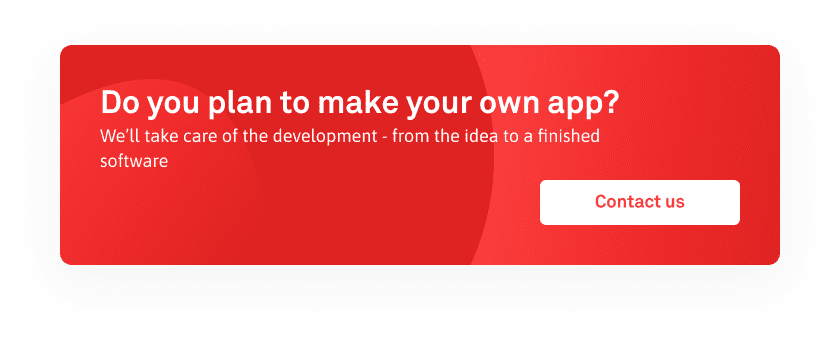Even though great startups are born out of great ideas, the business model ensures the proper execution and implementation of the idea. Without a good business model, a startup will fail to become profitable and crash before getting a chance to shine. Within a business model, you can select the marketing strategies and channels to reach the right customers for the right price. This article will go over a few business models that you can use for your startup.
1. Product/Service model
One of the most common business models relies on selling a product or a service. It can be considered a broad model where you use whichever marketing channel best suits your offering. You can also combine it with elements of other models such as offering subscriptions, digital and physical versions of the products, and selling the offering as a one-time purchase. This model’s main drawback is that it takes a lot of time, energy, and money to get it off the ground. It might not be the best option among startup business models.
2. Razor/Razorblade
This model revolves around a disposable item or an item that needs to be replenished over time. The original item may be sold at a loss, and the money will be made back through the replacement/replenishment that will be needed further down the line. Think of printer cartridges or shaving razor blades, where you have to replace the blades in your razor routinely. This is the highest capital-requiring of the startup business models, as the profit will only appear after a while.
3. Freemium
The freemium model relies on offering a part of a complete version of your product or service for free, and then encouraging paid upgrades that will increase its usefulness. Sometimes, the paid upgrade adds convenience to the user, such as removing advertisements. This allows you to make money off the free version of the product through advertising. Afterward, you can increase the convenience of users willing to pay extra.
4. Subscription
Subscription startup business models should be familiar to anyone. You can see them in use with Netflix, Amazon Prime, magazines, and software companies. A subscription-based model means that you will charge an ongoing fee on a monthly or yearly basis to provide a product or service to your clients. It is a fairly popular model, and it can work well for certain businesses.
There are many other startup business models to choose from, and you can combine them. You may also start with one model and switch to another as your business evolves.
Background vector created by BiZkettE1 – www.freepik.com



